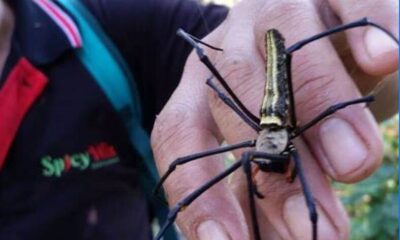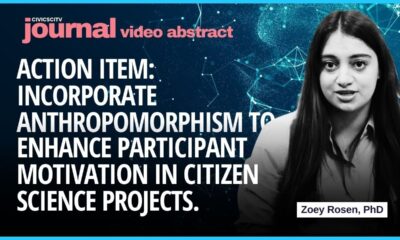Civic Science Observer
Rita Allen Foundation releases the Civic Science Career Roadmap

The Rita Allen Foundation recently published the Civic Science Career Roadmap, developed collaboratively by the Civic Science Fellows program that it hosts. The document serves as a strategic guide for new generations of leaders at the nexus of science and civic engagement, emphasizing the need for boundary-spanning skills and inclusive problem-solving approaches. It reflects a concerted effort to integrate scientific practice into the fabric of community life, strengthening the role of discovery in societal advancement.
Questions to Keep in Mind:
- As this roadmap evolves, what will be the benchmarks for its success in shaping civic-minded scientific leaders?
- How will organizations and individuals use the roadmap to foster a more inclusive and democratic engagement with science?
- What innovative strategies can be developed from the roadmap to enhance the integration of scientific discovery with societal needs?
This is a developing story
Fanuel Muindi is a former neuroscientist turned civic science ethnographer. He is a professor of the practice in the Department of Communication Studies within the College of Arts, Media, and Design at Northeastern University, where he leads the Civic Science Media Lab. Dr. Muindi received his Bachelor’s degree in Biology and PhD in Organismal Biology from Morehouse College and Stanford University, respectively. He completed his postdoctoral training at MIT.

-
 Audio Studio1 month ago
Audio Studio1 month ago“Reading it opened up a whole new world.” Kim Steele on building her company ‘Documentaries Don’t Work’
-
Civic Science Observer1 week ago
‘Science policy’ Google searches spiked in 2025. What does that mean?
-
Civic Science Observer1 month ago
Our developing civic science photojournalism experiment: Photos from 2025
-
Civic Science Observer1 month ago
Together again: Day 1 of the 2025 ASTC conference in black and white
Contact
Menu
Designed with WordPress






















